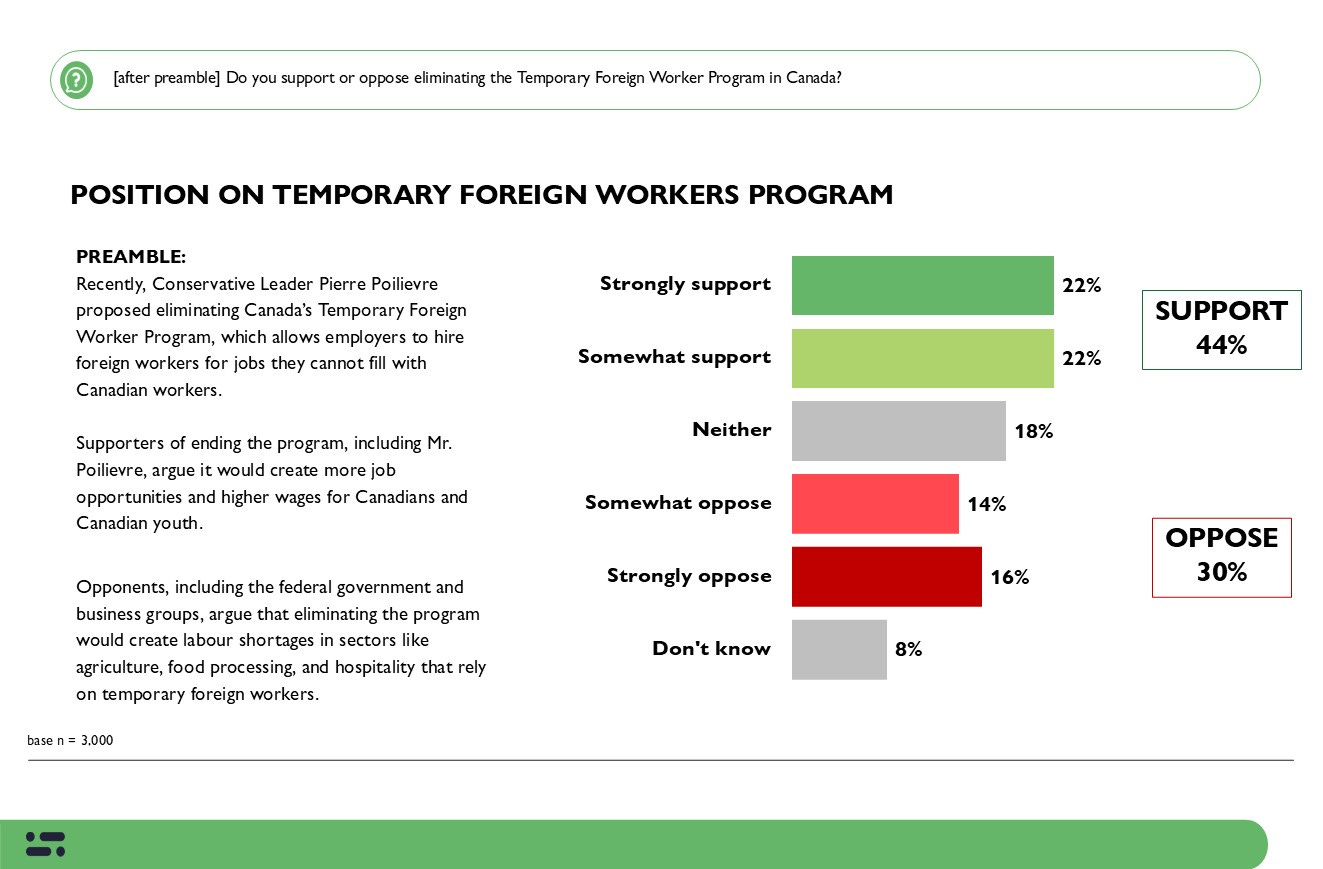Canada TFWP Debate: What It Means for Immigrants

Canada’s TFWP Debate: Implications for Immigrants
A significant discussion is underway regarding the future of Canada’s Temporary Foreign Worker Program, a crucial avenue for immigrants seeking job opportunities. Recent calls from within the Conservative leadership to potentially abolish the program, alongside a decrease in the number of workers arriving compared to last year, have generated considerable worry and uncertainty, especially for those in the immigrant community reliant on temporary work permits.
The Current Situation with the TFWP
The Temporary Foreign Worker Program (TFWP) enables Canadian employers to hire foreign nationals to fill temporary positions when qualified Canadian workers are unavailable. It’s been a cornerstone of the Canadian economy, particularly in sectors like agriculture, hospitality, and construction. However, the program has also faced scrutiny, with critics raising concerns about potential displacement of Canadian workers and the exploitation of foreign labor. The current debate is fueled by these long-standing concerns, as well as anxieties about overall unemployment rates in Canada. For details on the federal government’s official position, visit the Employment and Social Development Canada website.
Conservative Party’s Push
The heart of the current debate originates from factions within the Conservative Party advocating for the complete elimination of the TFWP. Their argument primarily centers on the belief that the program contributes to unemployment among Canadian citizens and permanent residents. They suggest that prioritizing Canadian workers will strengthen the domestic labor market and reduce reliance on foreign labor. This position is directly impacting discussions around immigration and labor policy across provinces, including in areas like Alberta, where the program plays a significant role in the agricultural sector.
Decline in Worker Arrivals
Recent data shows a decrease in the number of temporary foreign workers entering Canada compared to the previous year. This decline could be attributed to stricter eligibility requirements, processing delays, and a general slowdown in the Canadian economy. The reduction in incoming workers is creating challenges for businesses that depend on the TFWP to fill essential labor needs. Businesses in rural Manitoba, for example, rely on seasonal agricultural workers who come through the TFWP. You can also read articles related to Canadian immigration policies to understand more about other programs.
Impact on Immigrants in Canada
For immigrants currently working in Canada under the Temporary Foreign Worker Program, the uncertainty surrounding its future is causing stress. Changes to the program could mean job losses, difficulty obtaining permanent residency, and potential relocation. Moreover, prospective immigrants who were planning to come to Canada through the TFWP may need to reconsider their options and explore alternative immigration pathways. Guidance from immigration lawyers is advisable.
Steps You Can Take
It’s crucial for immigrants affected by the TFWP debate to stay informed and take proactive steps. Here are a few suggestions:
Stay Up-to-Date
Follow updates from credible news sources, government websites, and immigration advocacy groups. Understand the specifics of the proposed changes and how they might impact your situation.
Obtain Legal Counsel
Consult with an experienced immigration lawyer to assess your options and understand your rights. They can provide personalized guidance and help you navigate the immigration system. This is especially important given recent changes in immigration law.
Engage with Support Systems
Join immigrant support groups and communities to share information, experiences, and resources. These networks can provide emotional support and practical assistance.
Looking Ahead at the TFWP
The discussion around Canada’s Temporary Foreign Worker Program is ongoing. The final outcome will depend on political factors, economic conditions, and public sentiment. It’s vital for immigrants to stay informed, seek professional advice, and advocate for their rights. Consider researching other Canadian work permit options as well.

